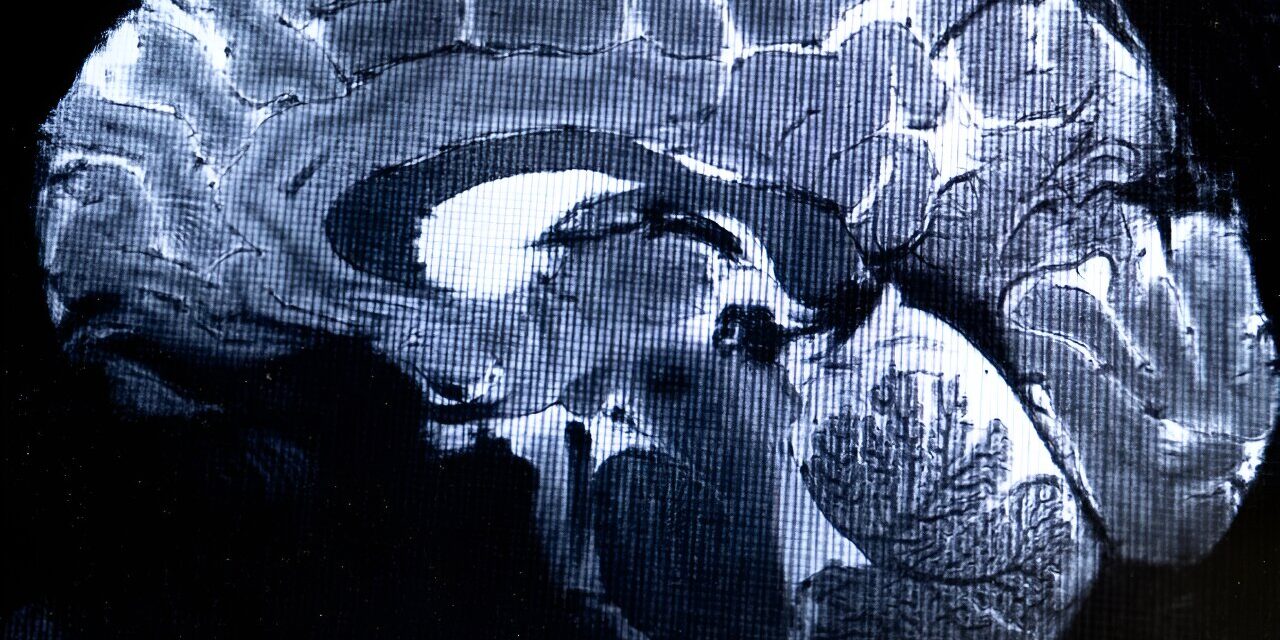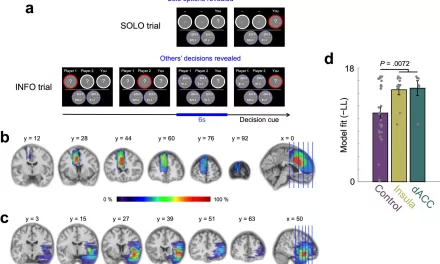A recent study reveals that women who undergo premenopausal ovary removal, especially before the age of 40, experience a reduction in white matter integrity in various regions of their brains later in life. The study, published in the journal Alzheimer’s & Dementia, highlights significant neurological consequences of this medical procedure.
Understanding White Matter
White matter consists of nerve fibers that connect neurons across different areas of the brain, facilitating communication within the central nervous system. Its integrity is crucial for cognitive functions, and its deterioration is associated with conditions such as dementia and cognitive decline.
Study Insights
The research team, led by Michelle Mielke, PhD, professor at the Wake Forest University School of Medicine, utilized data from the Mayo Clinic Study of Aging. They focused on women over the age of 50 who had undergone diffusion tensor imaging (DTI), an advanced MRI technique that assesses white matter in the brain.
“We know that having both ovaries removed before natural menopause causes abrupt endocrine dysfunction, which increases the risk of cognitive impairment and dementia,” stated Dr. Mielke.
Key Findings
The study identified a clear link between premenopausal bilateral oophorectomy (PBO) and reduced white matter integrity. Women who had their ovaries removed before the age of 40 showed significant reductions in white matter integrity in multiple brain regions. While similar trends were observed in women who underwent the procedure between ages 40-44 and 45-49, these results were often not statistically significant.
The Role of Hormone Replacement Therapy
Interestingly, 80% of the participants who had their ovaries removed also had a history of estrogen replacement therapy (ERT). However, the study could not definitively determine whether ERT mitigated the adverse effects of PBO on white matter integrity.
“Having both ovaries removed results in an abrupt decrease in both estrogen and testosterone in women. Therefore, one possible explanation for our results is the loss of both estrogen and testosterone,” explained Dr. Mielke.
Implications and Future Directions
This study underscores the importance of considering the long-term neurological effects when opting for ovary removal before menopause. Further research is needed to explore the potential benefits of hormone replacement therapy and to develop strategies for preserving white matter integrity in women who undergo this procedure.
As the understanding of white matter’s role in cognitive health evolves, this research could inform medical guidelines and patient care strategies, ensuring that women receive comprehensive advice on the potential consequences of premenopausal ovary removal.











